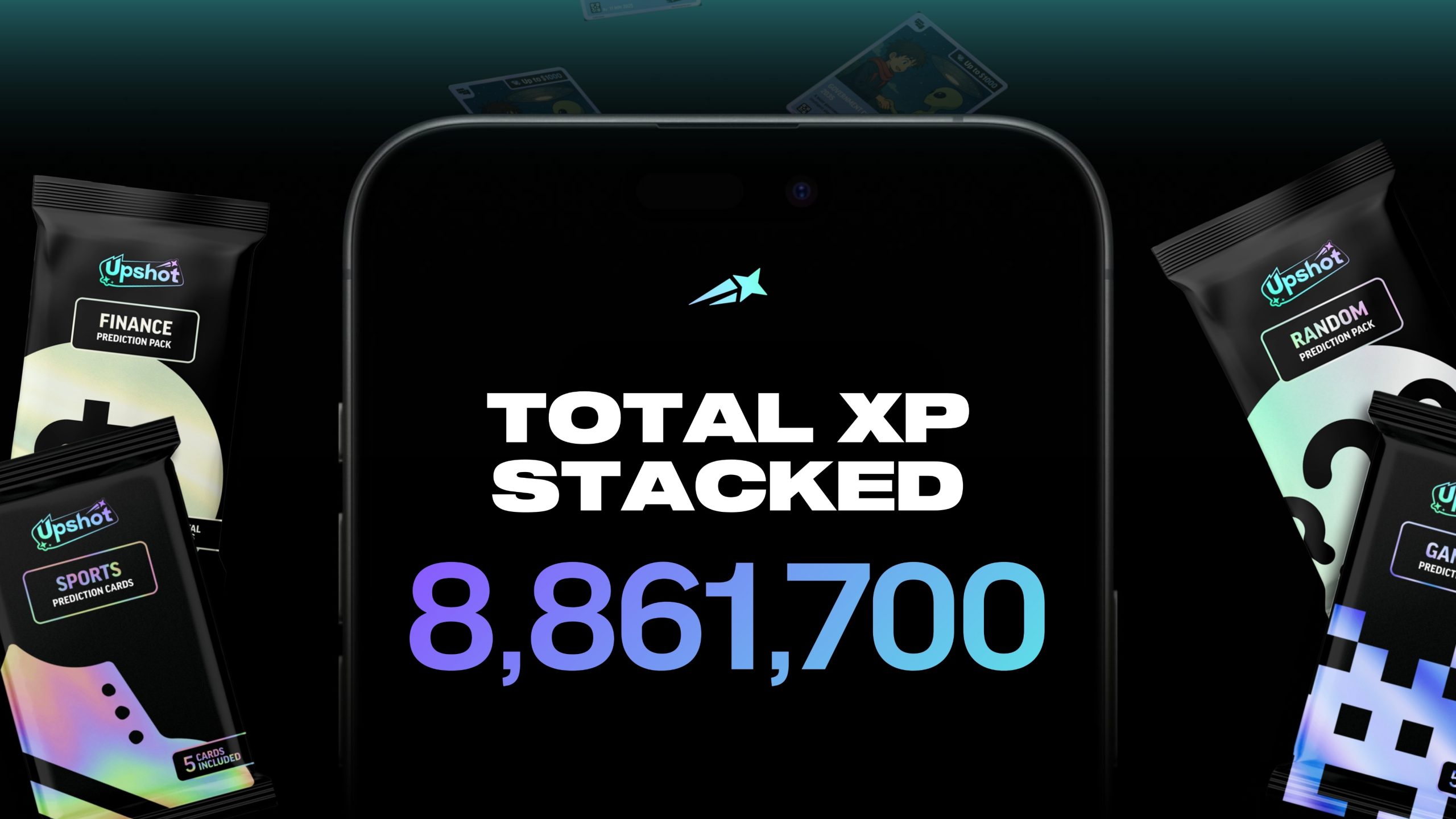Key Takeaways
- A crypto researcher alleged that a Hyperliquid whale, identified as former BitForex CEO Garrett Jin, opened a massive $735 million Bitcoin short just minutes before President Trump announced China tariffs.
- Garrett Jin publicly denied the claims of insider trading, stating he has “no connection with the Trump family” and that the short position belonged to a client.
- The trading and crypto community remains divided, with some analysts expressing skepticism about the evidence linking Jin directly to the whale wallet address.
A massive Bitcoin short position, valued at $735 million, which was placed on the decentralized exchange Hyperliquid moments before US President Donald Trump announced a 100% tariff on Chinese imports, has ignited a firestorm of controversy and allegations of insider trading.
The focus of the claims is Garrett Jin, the former CEO of the now-defunct cryptocurrency exchange BitForex. A pseudonymous crypto researcher, “Eye,” claimed to have traced the whale wallet address responsible for the enormous short.
In response to the allegations, Jin took to social media to publicly deny any wrongdoing. He asserted that he has “no connection with the Trump family” and that the transactions in question were not insider trades.
Jin clarified that the wallet belonged to a client, not himself, and criticized former Binance CEO Changpeng Zhao for reposting the unverified research to his large following.
Regardless of the wallet’s true owner, the trade was impeccably timed, opened less than an hour before the tariff news broke, which briefly pushed the price of Bitcoin down to approximately $102,000.
The Evidence and Community Doubts
The on-chain investigation conducted by “Eye” presented a transactional analysis that allegedly linked the mysterious Hyperliquid whale wallet to Jin. The evidence pointed to funds flowing through ENS domains, including garrettjin.eth, which is associated with Jin’s X account.
This connection was put forth as proof that Jin was the “insider whale” who controlled over 100,000 BTC and had sold over $4.23 billion in BTC to acquire ETH prior to the short.
However, the community’s consensus remains split. While the timing of the trade is highly suspicious, some prominent online sleuths have expressed doubts about the certainty of the connections.
Crypto analyst Quinten Francois suggested the evidence was “too convenient,” and another popular researcher, ZachXBT, speculated that the whale was more likely “a friend of Jin” rather than the former CEO himself.
Insider Trading Claims Are Not New for Crypto
The uproar over the Hyperliquid whale isn’t a new story; it’s just the latest chapter in a long history of insider trading suspicions that plague the crypto world. Because the market is so volatile and often lacks transparency, it’s a perfect storm for suspiciously timed trades, especially right before a big project launch or a major news event drops.
We’ve seen high-profile cases before where private information seemed to pave the way for massive profits. Remember the unknown group that allegedly made over $482,000 trading the memecoin Bubb (BUBB) moments before its price tanked? Or the wallet that snapped up roughly $6 million of the Official Trump memecoin less than a minute after its debut? These aren’t isolated events.
Final Thoughts
While former BitForex CEO Garrett Jin is strongly denying the insider trading accusations, the whole incident is a powerful, unwelcome reminder of the constant battle against market manipulation.
Frequently Asked Questions
What was the trade that sparked the allegations?
A $735 million Bitcoin short position was opened on Hyperliquid shortly before President Trump announced tariffs on China, causing the market to crash.
Who is the person accused of the insider trading?
Garrett Jin, the former CEO of the now-defunct cryptocurrency exchange BitForex, was named as the alleged whale by an on-chain researcher.
What was Jin’s primary defense against the claims?
Jin denied any connection to the Trump family and stated that the massive short position belonged to a client, not himself.






